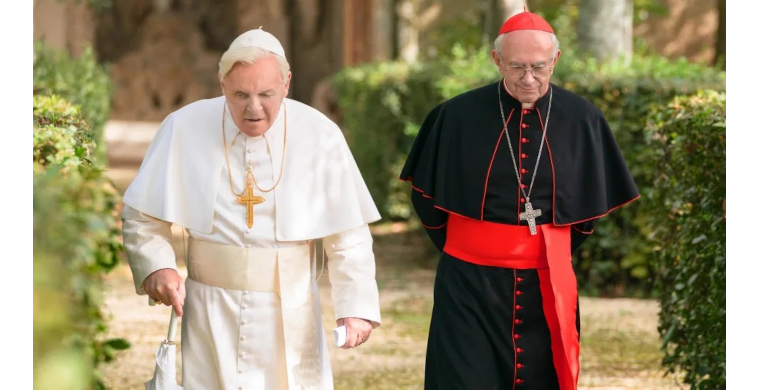THREE POPES?
By Chuck Collins
www.virtueonline.org
June 1, 2023
Three popes? There were many "causes" of the sixteenth century Protestant Reformation, but certainly one was that people generally lost confidence in papal authority. In the years leading up to the Martin Luther, the Roman Catholic Church had three rival popes at the same time.
At the ecumenical council held on June 5, 1409 (Council of Pisa) an attempt was made to end the Western Schism by deposing Popes Gregory XII (Rome) and Benedict XIII (Avignon) because they were "notorious schismatics, promoters of schism, and notorious heretics, errant from the faith, and guilty of the notorious and enormous crimes of perjury and violated oaths."
The solution worked out by the Cardinals was to elect a third pope, Alexander V. Western Catholicism was then divided into three parties with three popes - each with his own following, his separate College of Cardinals, and his own administration. The Council of Constance (1414-18) finally forced the three competing popes to resign in favor of one pope: Martin V.
Sixteenth century Protestants did not find the primacy-of-Peter anywhere in the Bible. Neither did they recognize a centralized authority that mixed biblical and extra-biblical teachings (magisterium) that would dictate what Christians are to believe.
The Bible, recently translated into their own languages, was their authority as God's uniquely inspired Word (sola Scriptura). And tradition was not a separate authority, but rather an accounting for the way the Bible was interpreted over time - as a helpful instrument to understand God's written Word.
The "father knows best" clericalism of Medieval Christianity, at least in theory, was changed by the Protestants to be more about the ministry of the Word. And Apostolic Succession was the succession of apostolic teaching (2 Tim 2:2) from the apostles to each succeeding generation, rather than an understanding of a tactile impartation of an indelible character (a special priestly grace, (Catholic Catechism, Sec.1548) traceable back to St. Peter.
Church leaders watch over the church as overseers, guard and teach the faith, preach the word, and preside over the administration of the sacraments are a blessing and an integral part of the Body of Christ as God provides that some will be apostles, prophets, evangelists, pastors, and teachers (Eph 4) who are separate in ministry by function rather than by status (1 Cor 12).
But clericalism in its various ugly forms is always manipulative, and always abusive. Putting "+" signs before or after a person's name doesn't make them more holy or any more like the Old Testament priests who functioned as intermediaries between God and his people. Priests and bishops are not the essence (esse) of the church, but for the well being (bene esse) of the church, and serve at the pleasure of God and the church as long as they serve in the ministry of the word.
END














